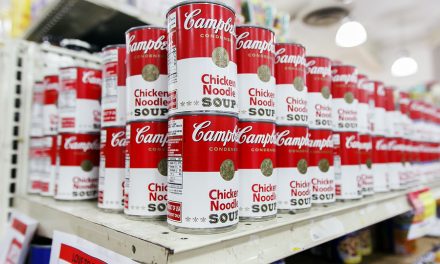If you were to Google the phrase “How to lose weight” you’d come up with over 116 million hits. In fact, for Americans, it’s probably one of the top 10 things everyone does at some point in their life. However, it seems that many people don’t know how to do it well. But according to the “experts”, it’s not our fault. You see, for decades we’ve been fed “flawed or misleading nutrition advice- advice that was never based on solid science.”1
“The US Department of Agriculture, along with the agency that is now called Health and Human Services, first released a set of national dietary guidelines back in 1980. That 20-page booklet trained its focus primarily on three health villains: fat, saturated fat, and cholesterol.”2
And an entire generation of health professionals accepted the government’s stance on fat and cholesterol and passed it on to their patients. In fact, many still do. But, research actually shows that we don’t have to fear fat and cholesterol. (We need to be responsible but not fearful.)
RELATED STORY:
Robert Lustig, a neuroendocrinologist at the University of California, San Francisco, explained to Tonic that the idea that cutting fat from a person’s diet would offer some health benefit, was never actually backed up by hard evidence. And the suggestion that people avoid fat “allowed the food industry to go hog-wild promoting low-fat, carb-heavy foods as ‘light’ or ‘healthy'”3 a move that was actually a disaster for public health.
Then, when coupled with the fact that sugar industry lobbyists had funded research linking heart disease to fat and cholesterol, all the while downplaying evidence that sugar was the real killer in the 60s, you had a recipe for fear. And when people are afraid, they will listen to almost anything.
RELATED STORY:
By the 1990s, when “the epidemiological data started piling up to show that a low-fat, high-carb diet did not help with weight loss or heart disease—calories be damned—much of the damage was already done. The US public was deep in what nutrition experts sometimes call the ‘Snackwell phenomenon’—a devotion to low-fat and low-calorie processed snack foods, which people pounded by the bagful because they believed them to be healthy.”4
And let’s not forget the crusade against full-fat dairy products: “Studies have not shown benefits of low-fat dairy over full-fat for weight loss, especially if the fat calories are replaced with sugar,” Walter Willett, chair of nutrition at Harvard School of Public Health, told Tonic. “If anything, the evidence goes the other way.”5 (We would argue that whole milk and full-fat cheeses are not “health foods,” nuts are a healthier source of fat, however, organic- preferably raw- full-fat milk products free from sugar will always be better for you than the adulterated version.)
And it is that dietary advice that is considered one of the biggest mistakes in modern medical history. In the 1980s and 90s, in both in the US and UK, people ate less fat, more simple carbs and saw rates of obesity and related diseases (like diabetes) more than double. After all, eating food that’s had all it’s fat or calories cut out isn’t going to satisfy you which will leave you hungry and hastily grabbing anything at all to satiate you.
RELATED STORY:
So what is the answer? Probably the easiest thing to do, the one thing that would have the quickest and best impact on your health, is to cut out processed food altogether and instead eat real, whole foods. Beyond that you can go plant-based or keto, you can fast intermittently or do a Whole 30 type reset, but at their core, each of those plans focuses on eating foods in their best and most natural state.
If the whole idea of eating healthier seems daunting, you are in the right place. Here at HNN, we love to eat good food. And if you click here, I’ll share my story of how I got to be at my healthiest place with you, for free.
Good luck. You can do it!
XO- Erin












